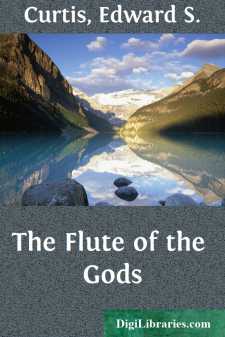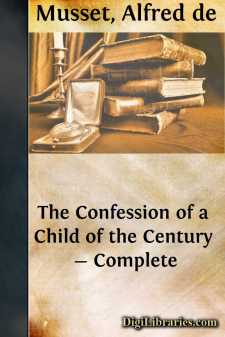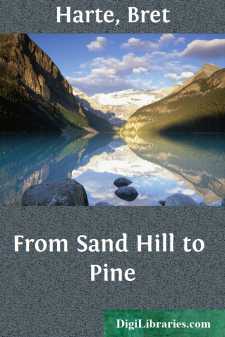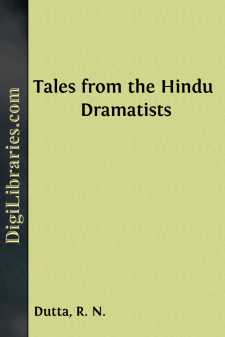Categories
- Antiques & Collectibles 13
- Architecture 36
- Art 48
- Bibles 22
- Biography & Autobiography 813
- Body, Mind & Spirit 142
- Business & Economics 28
- Children's Books 15
- Children's Fiction 12
- Computers 4
- Cooking 94
- Crafts & Hobbies 4
- Drama 346
- Education 46
- Family & Relationships 57
- Fiction 11829
- Games 19
- Gardening 17
- Health & Fitness 34
- History 1377
- House & Home 1
- Humor 147
- Juvenile Fiction 1873
- Juvenile Nonfiction 202
- Language Arts & Disciplines 88
- Law 16
- Literary Collections 686
- Literary Criticism 179
- Mathematics 13
- Medical 41
- Music 40
- Nature 179
- Non-Classifiable 1768
- Performing Arts 7
- Periodicals 1453
- Philosophy 64
- Photography 2
- Poetry 896
- Political Science 203
- Psychology 42
- Reference 154
- Religion 513
- Science 126
- Self-Help 84
- Social Science 81
- Sports & Recreation 34
- Study Aids 3
- Technology & Engineering 59
- Transportation 23
- Travel 463
- True Crime 29
The Flute of the Gods
by: Edward S. Curtis
Description:
Excerpt
THE WOMAN FROM THE SOUTH
Aliksai! In Tusayan the people were living! It was the year after the year when the great star with the belt of fire reached across the sky. (1528.)
The desert land of the Hopi people stretched yellow and brown and dead from mesa to mesa. The sage was the color of the dust, and the brazen sky was as a shield made hard and dry by the will of the angry gods. The Spirit People of the elements could not find their way past that shield, and could not bear blessings to Earth children.
The rain did not walk on the earth in those days, and the corn stood still, and old men of the mesa towns knew that the starving time was close. In the kivas fasted the Hopi priests, the youth planted prayer plumes by the shrines of the dying wells, and the woman danced dances at sunrise, and all sang the prayers to the gods:––and each day the store of corn was lower, and the seed in the ground could not grow.
In the one town of Wálpi there were those who regretted the seed wasted in the planting,––it were better to have given it to the children, and even yet they might find some of it if the sand was searched carefully.
“Peace!” said old Ho-tiwa, the Ancient of the village, and the chief of Things of the Spirit. “It is not yet so bad as when I was a boy. In that starving time, the robes of rabbit skins were eaten when the corn was gone. Yet you see we did live and have grown old! The good seed is in the ground, and when the rain comes––”
“When it comes!” sighed one skeptic––“We wait one year now,––how many more until we die?”
“If it is that you die––the rain or the no rain makes no change––you die!” reminded the old man. “The reader of the stars and of the moon says a change is to come. Tell the herald to call it from the housetops. This night the moon is at the big circle––it may bring with it the smile of the glad god again. Tell the people!”
And as the herald proclaimed at the sunset the hopeful words of the priests who prayed in the kivas, old Ho-tiwa walked away from the spirit of discontent, and down the trail to the ruins of Sik-yat-ki. All the wells but that one of the ancient city were useless, green, stagnant water now. And each day it was watched lest it also go back into the sands, and at the shrine beside it many prayers were planted.
So that was the place where he went for prayer when his heart was heavy with the woe of his people. And that was how he found that which was waiting there to be found.
It was a girl, and she looked dead as she lay by the stones of the old well. As he bent over to see if she lived, the round moon came like a second sun into the soft glow of the twilight, and as it touched the face of the girl, the old man felt the wind of the south pass over them. Always to the day he died did he tell of how that south wind came as if from swift wings!
The One Town of Wálpi Page 1
He called to some men who were going home from rabbit hunting in the dusk, and they came and looked at the girl and at each other, and drew away....












